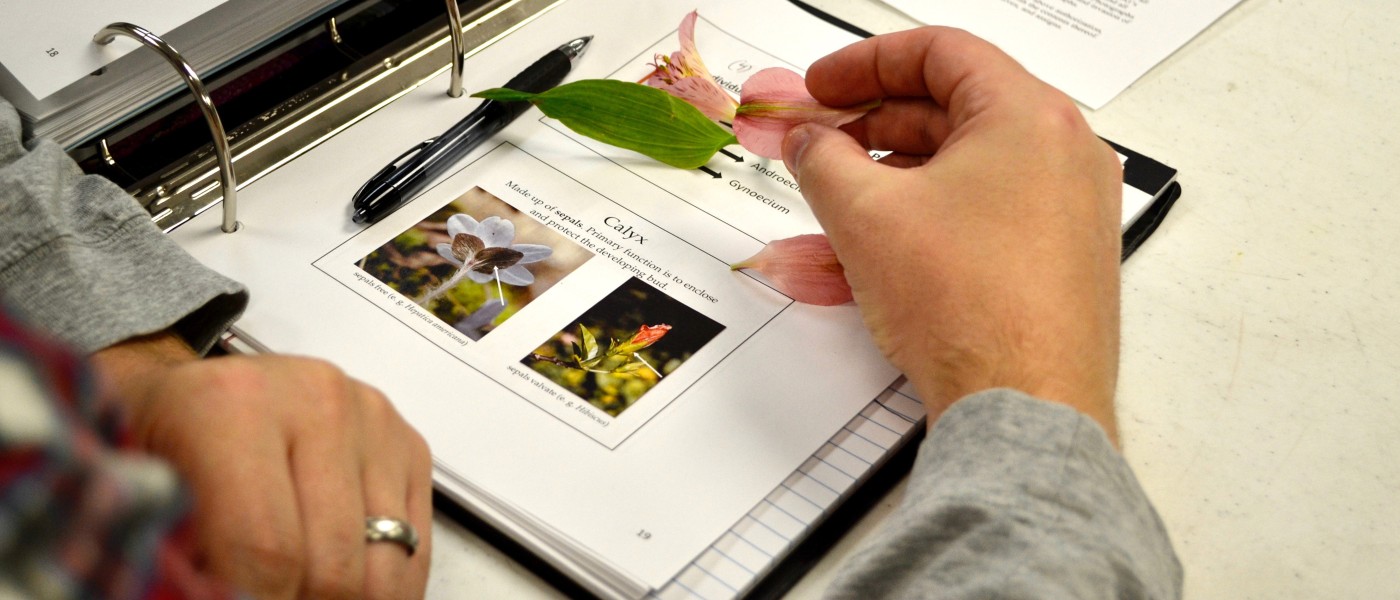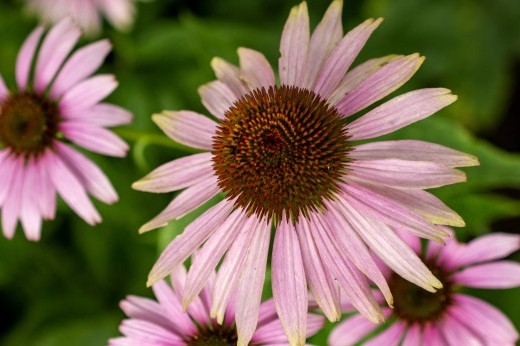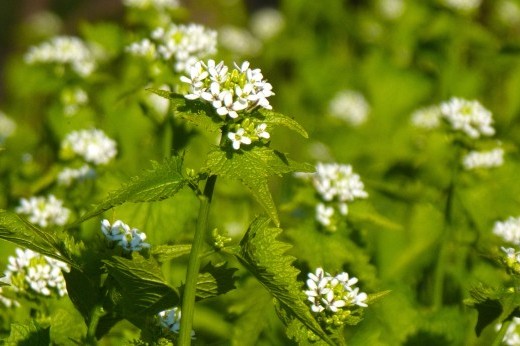If you’ve ever signed up for Horticulture Certificate classes at Brooklyn Botanic Garden, you may have noticed that they sell out pretty fast—some within hours.
This popular program has offered budding urban horticulturists and passionate home gardeners a foundation in plant care since 1995. The Certificate in Horticulture helps graduates gain entry into the world of professional horticulture in NYC, or for those already working in the industry, to advance professionally.
Recently, in partnership with Charles Yurgalevitch, Ph.D., former director of the School of Professional Horticulture at New York Botanical Garden, we worked to refresh some of our curriculum, with an eye toward sustainability, accessibility, consistency, and learning retention. Students signing up for fall classes will access our revised curriculum.
Ecological Gardening
The certificate program here at BBG has always had an ethos of ecologically responsible horticulture, but that focus is becoming more explicit.
The program includes eight keystone courses: Botany for Horticulturists, Woody Plant Identification, Herbaceous Plant Identification, Plant Health Care, Urban Garden Maintenance, Plant Propagation, Soil Management, and Urban Garden Design.
While we’re retaining this structure, we will more consistently emphasize practices that have a positive ecological impact. For example, when we talk about managing harmful insects, we focus on alternatives to synthetic pesticides.
Increasingly, we’re seeing that people pursuing a career in horticulture are interested in ecological gardening. They’re coming to this work hoping to do more than just plant beautiful landscapes; they want to support wildlife and repair ecosystems.
Dr. Yurgalevitch, who worked with us to evaluate and update each of our eight courses, has noticed this, too. “Young people want to care for the earth,” he says. The next generation of gardeners is stepping up into a world that’s threatened by climate change, pollution, and habitat loss, and “they have ideas about what to do, from planting natives to protecting, conserving, and restoring landscapes.”
Throughout the certificate program, we’ll also address some of the ethical questions and conflicts that may come up in the field when balancing the needs of different stakeholders. Land management decisions aren’t always straightforward, especially when you’re grappling with invasive species and emergent diseases. Our aim is to help students learn to navigate competing needs and values in a changing landscape.
An Accessible, Tangible Learning Experience
During our review of the certificate program, we wanted to make sure we were creating an enjoyable and digestible program for all learners.
One of the strengths of this program has always been that we do not have prerequisites—anyone can jump in and learn with us. But the updated curriculum aims to break up lectures with more engaging discussion and exercises, and more tactile experiences with plants.
The botany course, for example, will be incorporating new labs, including seed and flower dissections.
“These opportunities help participants connect terminology with the actual plant structures, and make sense of those structures in three dimensions,” says Barbara Kurland, director of learning and partnerships at BBG, who teaches botany each season.
With the new structure, all eight courses complement and build on each other, repeating key concepts throughout. Assignments allow instructors to stay connected with students and catch areas of misunderstanding and confusion.
To learn more about BBG’s certificate program, check out the program page—and if you’re interested in horticulture, consider joining us in the classroom at Brooklyn Botanic Garden!



